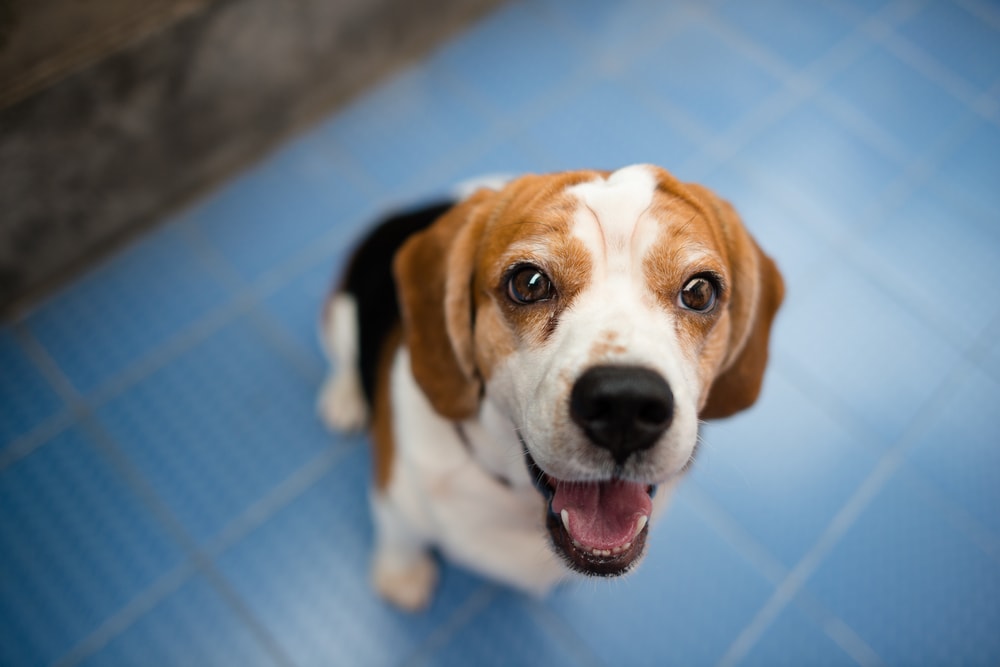Dentistry
Dentistry
Would you let years go by between visits to the dentist? Probably not! Your pet’s dental health is just as important to his or her overall health as your dental health is to your general health. Dental disease doesn’t affect just the mouth. It can lead to more serious health problems including heart, lung and kidney disease, which makes it all the more important that you provide your pets with proper dental care from the start.
Dental care of dogs and cats is one of the most commonly overlooked areas of pet health care. In fact, a recent AAHA study showed that approximately two-thirds of pet owners do not provide the dental care that is recommended as essential by veterinarians. What’s more, the American Veterinary Dental Society reports that 80 percent of dogs and 70 percent of cats show signs of oral disease by age three.
Periodontal Disease
Your dog or cat’s bad breath is not something to be ignored – it could indicate an oral problem, and the sooner you have it treated by your veterinarian (and learn to care for it yourself), the sooner you and your pet can smile proudly. Periodontal disease is an infection of the tissue surrounding the teeth that takes hold in progressive stages. It starts out as a bacterial film called plaque. The bacteria attach to the teeth. When the bacteria die, they can be calcified by calcium in saliva. This forms a hard, rough substance called tartar or calculus which allows more plaque to accumulate. Initially, plaque is soft and brushing or chewing hard food and toys can dislodge it. If left to spread, plaque can lead to gingivitis, an inflammation of the gums, causing them to become red and swollen and to bleed easily. As plaque and calculus develop below the gum line, professional cleaning will be needed to help manage it. If the plaque and tartar buildup continue unchecked, infection can form around the root of the tooth. In the final stages of periodontal disease, the tissues surrounding the tooth are destroyed, the bony socket holding the tooth in erodes and the tooth becomes loose. This is a very painful process for your four-legged friend, but these problems can be averted before they even start.
Dental Care at All God’s Creatures Animal Hospital
Starting at one year of age for cats and small-breed dogs, and at two years of age for large-breed dogs. The guidelines further recommend the following:
- Pre-anesthetic exam — Whenever anesthesia is needed, special considerations are taken to help ensure the safety of your pet. Our veterinarian will thoroughly examine your pet to make sure she’s healthy enough to undergo anesthesia. Depending on your pet’s age and general physical condition, our veterinarian may also run blood, urine, electrocardiograph, and x-ray tests to check for any dangerous heart, kidney, or other conditions. Though there is some risk associated with any medical procedure, modern anesthesia is usually safe, even for older pets.
- Anesthesia monitoring — During anesthesia, the monitoring and recording of your pet’s vital signs (such as body temperature, heart rate, and respiration, as well as other important factors) is important. This helps ensure the safety of your pet while undergoing anesthesia.
- Dental radiographs — Radiographs (x-rays) of the teeth are needed periodically to completely evaluate your pet’s oral health. At All God’s Creatures Animal Hospital, we use state-of-the-art digital technology to aid the veterinarian in detecting abnormalities that cannot be detected under examination alone. In some cases, x-rays can confirm the need for extraction of teeth that are loose or badly infected.
- Scaling & Polishing — Instruments like those used by human dentists are used to remove plaque and calculus from your pet’s teeth.
- Fluoride/sealants — The application of an anti-plaque substance, such as a fluoride treatment and/or a barrier sealant is also advised. This can help strengthen and desensitize teeth as well as decrease future plaque.
Recent Articles

Are Lilies Poisonous to Cats? Holiday Bouquet Dangers
Cats slipping out the back door when guests arrive or climbing Christmas trees are some of the common accidental emergencies pet owners experience around the

Top 5 Holiday Pet Toxins
Information obtained from www.aspcapro.com Top 5 Holiday Pet Toxins Christmas is a particularly busy time of year at the ASPCA Animal Poison Control Center, and

ACL Injuries – Why is my dog limping?
What is the ACL or CCL? The anterior cruciate ligament (ACL) is a thin connective tissue in the middle of our knees. In dogs, this

